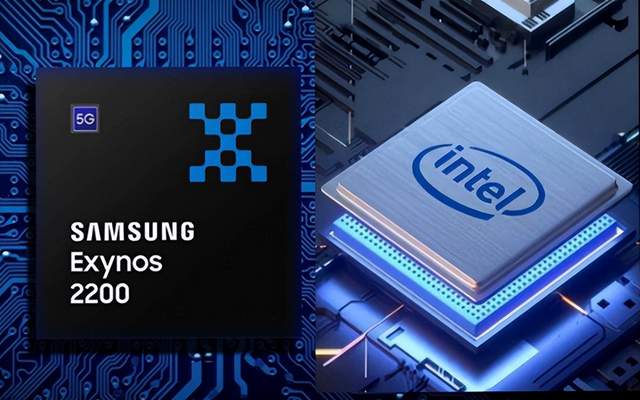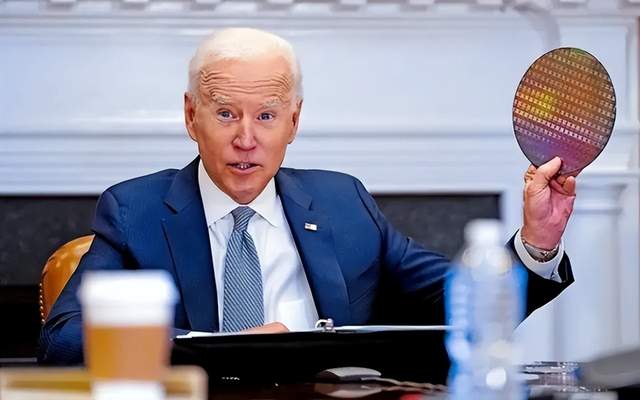Intel's sales restrictions to China trigger a flash crash, while South Korea reaps huge profits from the Chinese market
![]() 08/06 2024
08/06 2024
![]() 567
567
The biggest news in the world over the past two days has probably been the chip giant Intel's renewed losses, leading to the need to lay off 15,000 employees and a market capitalization drop below $100 billion. In contrast, South Korean chipmaker Samsung Electronics' profits soared 14-fold. The difference lies in their attitudes towards the Chinese market.

Last year, Samsung's performance also plummeted, but in the second quarter of this year, Samsung's profits soared more than 14 times. One of the reasons is that it can continue to sell memory chips to China. China purchases South Korean memory chips, and the industry estimates that more than 40% of South Korean chip exports are sold to China, and Samsung is precisely South Korea's largest memory chip company.
Memory chips are essential for various industries, including servers, PCs, mobile phones, etc. Especially with the significant development of AI in recent years, AI requires a lot of data for training, and these massive amounts of data require massive amounts of storage chips for storage, driving up the price of storage chips.
In contrast, Intel experienced a record quarterly loss of $2.7 billion in 2022. Although it managed to turn around its losses in 2023, from October 2023 onwards, due to US restrictions on chip sales to China, Intel's high-end GPUs and server chips could no longer be sold to China, further damaging Intel.
Intel has suffered losses again this year, with the latest earnings announcement revealing a loss of $1.6 billion in the second quarter. Consequently, Intel plans to lay off 15,000 employees, highlighting the significant impact of the restrictions on sales to China. The US approach not only hurts Intel but also the entire US chip industry.

As the largest chip company in the US, Intel also bears the responsibility of promoting the development of US chip manufacturing. Over the past decade, the US's chip manufacturing capacity has continued to shrink, with most of the manufacturing outsourced to Asia's TSMC and Samsung, leading to concerns about chip manufacturing security in the US.
To revitalize chip manufacturing, the US used a combination of carrots and sticks to force Samsung and TSMC to set up factories in the US. However, Samsung and TSMC only received around 10% of the chip subsidies, while Intel received the most. The US provided Intel with billions of dollars in subsidies.
However, with Intel now facing huge losses and massive layoffs, the US's ambitions in chip manufacturing are bound to be dashed. The US's goal of regaining its leading position in chip manufacturing may therefore be frustrated. Intel executives have long predicted that if the US cannot sell chips to China, who else will buy American chips, and is it necessary to build a $100 billion factory in Ohio? Now that Intel is in a difficult situation, the mass production plan for the $100 billion factory in Ohio has been delayed.
In fact, not only has Intel suffered a severe blow. NVIDIA, which is also restricted from selling to China, has seen its revenue from the Chinese market drop from a quarter to one-sixth. Micron, a competitor to South Korean memory chips, has also seen a significant decrease in revenue from the Chinese market. These US chip companies are now naturally envious of South Korean chips, which can make huge profits from China.

This reality demonstrates that the US approach has dealt a significant blow to the US chip industry. After all, China is the world's largest chip market. By restricting US chip sales, the US has suffered enormous losses, while South Korean chips have earned substantial revenue. This proves that the US chip industry genuinely needs the Chinese market. Bill Gates, an American billionaire, has also warned that the US approach could deal a significant blow to the US chip industry.







